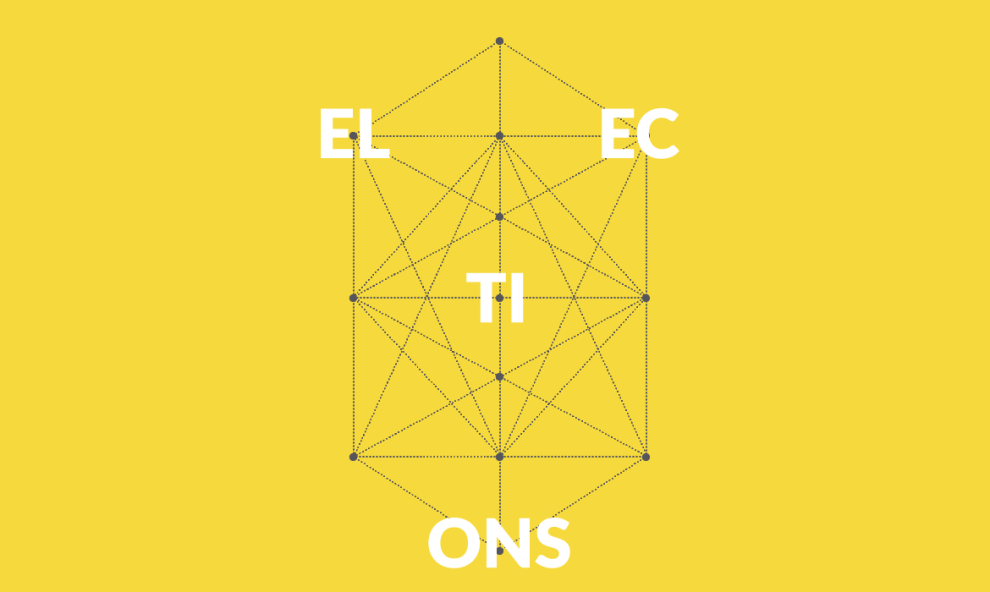In Samuel Beckett’s play, two characters, Vladimir and Estragon wait for Godot, but Godot never shows up. The members of the PRI (Revolutionary Institutional Party) are convinced that the Mexican people are eagerly waiting for their return with open arms. The PRI may or may not win the presidency, but it has certainly not shown it has understood the ways in which the country and the world have changed.
It is hard to remember the atmosphere that prevailed when the PAN defeated the PRI. Beyond the election of president Fox, the population overwhelmingly gave a sigh of relief, partly because of the opportunity inherent in alternation of parties in government, but also by the very fact that PRI members had behaved civilly, not making good on the threat that union leader Fidel Velazquez had long made in the sense that “we achieved power with weapons and with them we would defend it.” With otherwise weak anchors, the country thus entered another stage in its history.
Nine years later, the picture has begun to change. British observers have noted that when the Labor Party wins there is great enthusiasm, but when the Conservatives win there is a sense of enormous relief. There is no doubt that we experienced enthusiasm with the PAN victory. The big question today is whether people are ready to vote with relief the return of the PRI.
This year, the PRI harvested the product of their vast organization capabilities when compared with the incompetence of other parties. Their territorial structure allowed them to dominate entire regions, while the memory of the “Peje” (Lopez Obrador’s 2006 show of incivility), and the setbacks of the current government bestowed them almost a majority in Congress. In contrast to the naiveté that characterizes many of the PAN politicians and governors, the PRI governors demonstrated strategy, leadership and political skills. They also displayed an extraordinary array of corrupt practices: co-option, vote buying, threats and distribution of sinecures, all of which continue to be an integral part of their arsenal. Will this combination be enough to lead a government in 2012?
The assets of the PRI are obvious, but so are its liabilities. Its capital lies in the ability and experience of its operatives in government: seventy years in power created a political class most of whose members are able and competent to govern. However, the PRI’s power worked not only because of the capacity of its members, but because of the structure of corruption that accompanied it. Although the PRI criticizes the incompetence of the PAN in the duties of government, its own history is less linear than its members pretend it to be. One cannot forget that the financial crises that began in the seventies were the product of the PRI and its own abuses, that the educational chaos in our midst is the result of a structure designed to control and not to educate, and that the corruption prevailing in entities such as Pemex is inseparable from the history and reality of the PRI.
Nobody can deny the political prowess of the PRI, but it has done nothing to distance itself from the less-than-presentable history. The competition between the pre candidates for the PRI candidacy is prototypical: none of the contestants cares to show better governance, greater productivity in their state or a project that will transform the country. Their vision is the traditional PRI vision and one of an earlier Mexico: for them the world has not changed. As illustrated by the recent revenue law, the PRI continues to have no purpose other than maintaining the status quo.
The PRI has not undergone significant change, it continues to espouse development ideas that are incompatible with the world of today and its members do not even pretend to understand the reality in which they would have to rule. The lack of vision of the PRI contrasts with the Chinese premier who not long ago said that “in a globalized world he who conquers is one who conquers markets, not ideologies.” Where are the markets we intend to win with the PRI? How is PRI planning on giving poor Mexicans the possibility of breaking away from the bonds, almost all of which are a PRI legacy, that block the progress of the country? Their business card is experience and capacity to govern: but, given their track record, these strengths are an insufficient and inadequate response to the challenges facing the country today.
According to some scholars, the American political system “was designed by geniuses to be operated by idiots.” The Mexican political system was designed by pragmatic politicians who were responding to the circumstances of the twentieth century. Nevertheless, for seventy years they mostly managed to keep peace, stability and economic growth. The problem is that the PRI system was dependent on geniuses to operate it because pragmatism is naturally limited. Occasionally an idiot came to power and almost managed to destroy the country. Now the PRI presents itself as the only one able to lead Mexico’s destiny. How will we know if the anointed is a genius or an idiot? The question is not an irrelevant one in a country characterized by weak institutions, easy to subdue, and more so by PRI’s able and experienced politicians.
A party that has not reformed itself and whose business card is reduced to contrasting its history with the ills that characterize the governing party has little to offer in a tight race and even less to convince a population exhausted by decades of misrule. Furthermore, the notion that the future can be better because the PRI is in government is a fallacy. What we need is not only a good driver, assuming that is what the PRI would provide, but also have a vision likely to achieve the transformation sorely needed and that the population demands, but against which so many interests collide, many of them are close to the PRI itself. A proposal that does nothing but repeat the formulas that led us to the crises of the seventies and nineties, and one currently embraced by the PRI, can only be seen as a pathetic aspiration for change. Suffice to contrast that vision (or lack of vision) with nations like China, Korea, Chile and Brazil to perceive how small and limited their project is. Mexico does not need, and has no use for, the old PRI, a party that hides behind a thin veneer of modernity.
The PRI has a great story to share with the electorate but lacks a modern and innovative vision, one able not only to attract votes, but to bring the people to a new stage of development. Looking closely at their stars –like their governors and members of Congress-, it is difficult not to conclude that too many Mexican politicians are paralyzed by a combination of inertia and lack of backbone. Small obstacles are always presented as if they were the Kilimanjaro, and they speak of “political costs” as if dealing with them were not their function and responsibility. The PRI needs a narrative that matches a vision that is different from the one that served it well fifty years ago but that is dead now: the Mexico of today is no longer that of the year 2000 and even less of 1929. Mexico’s future requires something radically different, and better, from what PRI is now proposing.
PRI: a lesser evil?






Comments